prof. dr. Tadej Debevec, prof. šp. vzg.
Elektronski naslov: tadej.debevec@fsp.uni-lj.si
Telefon: 01-520-77-26
COBISS: Cobiss
SICRIS: Sicris
Kabinet: 11004
Govorilne ure: po dogovoru preko elektronske pošte
Organizacijske enote:
- Center za pedagoško dejavnost
- Senat - član
- Katedra za planinstvo, smučanje in športno rekreacijo - predstojnik
- Habilitacijska komisija - predsednik
- Komisija za znanstveno-raziskovalno in razvojno delo ter doktorski študij - namestnik predsednice
Opis
Dr. Debevec je redni profesor na Fakulteti za Šport, Univerze v Ljubljani in znanstveni svetnik na Inštitutu Jožef Stefan. Doktorat je leta 2011 pridobil za raziskovalno delo na področju učinkov višinske/hipoksične in hiperoksične vadbe na fiziološke adaptacije in športno sposobnost. V letih 2013/2014 je bil podoktorski raziskovalec na Univerzi v Cape Town, Faculty of Health Sciences Department of Human Biology, UCT/MRC Research Unit for Exercise Science and Sports Medicine. Podoktorsko se je usposabljal tudi na Univerzi v Lozani in Univerzi Savoie Mont Blanc. Njegovo raziskovalno delo obsega preučevanje vpliva različnih okoljskih dejavnikov (višina/hipoksija in temperaturo) med vadbo in mirovanjem na prilagoditve fizioloških mehanizmov in športne sposobnosti, tako pri zdravih posameznikih kot tudi v kliničnih populacijah. V okviru UCI WorldTeam Bahrain - Victorious deluje tudi kot svetovalec na področju okoljske in športne priprave.
PubMed / ResearchGate / X / WoS
Zadnje objave:
NARANG BJ, TOMINEC D, STALMANS M, MILLET GP, POFFÉ C & DEBEVEC T. The effects of two days of intermittent exogenous ketosis at high altitude on baroreflex sensitivity and ventilation under hypoxic and hypercapnic conditions. American Journal of Physiology-Regulatory, Integrative and Comparative Physiology. (2025).
TOMINEC D, STALMANS M, NARANG BJ, MILLET GP, POFFÉ C & DEBEVEC T. Exogenous ketosis during early acclimatization at high altitude: ventilatory, cardiovascular and muscular responses to maximal exercise. Medicine & Science in Sports & Exercise. (2025).
NARANG BJ, ŠTRITOF A & DEBEVEC T. The acute effects of caffeine and normobaric hypoxia on cardio-respiratory exercise responses in healthy: a randomized controlled trial. International Journal of Sport Nutrition and Exercise Metabolism. (2025).
KOWALSKI T, RĘBIŚ K, WILK A, GRANDA D, BIALECKI A, DEBEVEC T & FAISS R. Muscle oxygen saturation plateau: definition and verification under different oxygen availability conditions in locomotor and non-locomotor muscles. Experimental Physiology. (2025).
KOWALSKI T, RĘBIŚ K, WILK A, SZWED P, KLUSIEWICZ A, DEBEVEC T & FAISS R. Critical power and critical oxygenation: examining transferability between normoxia and hypoxia. European Journal of Applied Physiology. (2025).
GRANT WM, GOODS PSR, WALL BA, DAVIDS CJ, NARANG BJ, DEBEVEC T & SCOTT BR. Validity and test-retest reliability of repetitions-in-reserve across different low-loads in the barbell bench press with blood flow restriction. Journal of Strength and Conditioning Research. (2025).
STALMANS M, TOMINEC D, LAURIKS W, ROBBERECHTS R, RAMAEKERS M, DEBEVEC T & POFFÉ C. Ketone ester ingestion impairs exercise performance without impacting cognitive function or circulating EPO during acute hypoxic exposure. Journal of Applied Physiology. (2025).
BEAUME JB, DI DOMENICO H, BOWEN M, HINTZY F, MILLET GY, PAGEAUX B, DEBEVEC T & RUPP T. Neuromuscular fatigue induced by cycling at a fixed level of perceived effort: effects of different purported hypoxic methods. Scandinavian Journal of Medicine and Science in Sports. (2025).
KAMBIČ T, DEBEVEC T & LAINŠČAK M. Can intermittent hypoxic conditioning enhance the benefits of standard long COVID-19 rehabilitation? Journal of Cachexia, Sarcopenia and Muscle. (2025).
CHAMBION-DIAZ M, MANFERDELL G, NARANG BJ, GIARDINI G., DEBEVEC T, PIALOUX V, MILLET GP. Oxidative stress and nitric oxide metabolism responses during prolonged high-altitude exposure in preterm born adults. Journal of Sport and Health Science. (2025).
STALMANS M, TOMINEC D, DEBEVEC T & POFFÉ C. Ketone Supplementation: Novel Strategy for Augmenting Altitude Exercise Performance? Exercise and Sport Sciences Reviews. (2025).
NARANG BJ, MANFERDELLI G, MILLET GP & DEBEVEC T. Nocturnal pulse oxygen saturation dynamics at simulated high altitude: Predictive value for acute mountain sickness in healthy men born pre-term. Experimental Physiology. (2025).
NARANG B, DROLE K, BARBER J, GOODS P & DEBEVEC T. Utility of hypoxic modalities for musculoskeletal injury rehabilitation in athletes: a narrative review of mechanisms and contemporary perspectives. Journal of Sports Sciences. (2025).
KRUMM B, RABERIN A, CITHERLET T, TAGLIAPIETRA G, FAISS R, PIALOUX V, DEBEVEC T, GIARDINI G & MILLET GP. Accelerated red blood cell turnover following extreme mountain ultramarathon? Medicine & Science in Sports & Exercise. (2025).
STALMANS M, TOMINEC D, ROBBERECHTS R, LAURIKS W, RAMAEKERS M, DEBEVEC T & POFFÉ C. A single night in hypoxia either with or without ketone ester ingestion reduces sleep quality without impacting next day exercise performance. Medicine & Science in Sports & Exercise. (2025).
TAGLIAPIETRA G, CITHERLET T, RABERIN A, BOURDILLON N, KRUMM B, NARANG BJ, GIARDINI G, PIALOUX V, DEBEVEC T & MILLET GP. Effect of menstrual cycle phase on physiological responses in healthy women at rest and during submaximal exercise at high altitude. Scientific Reports. (2025).
DEBEVEC T, LONGMAN D & BOURGOIS JG. Defining Adaptation within Applied Physiology -Is there room for improvement? Frontiers in Physiology. (2024).
STALMANS M, TOMINEC D, LAURIKS W, ROBBERECHTS R, DEBEVEC T & POFFÉ C. Exogenous ketosis attenuates acute mountain sickness and mitigates normobaric high-altitude hypoxemia. Journal of Applied Physiology. (2024).
NARANG B, MANFERDELLI G, MILLET GP & DEBEVEC T. Effects of pre-term birth on the pattern of altitude acclimatisation at rest and during moderate-intensity exercise across three days at 3375 m. Journal of Applied Physiology. (2024).
NIESOR EJ, PEREZ A, REZZI S, HODGSON A, CANARELLI S, MILLET G, DEBEVEC T, BORDAT C, NADER E & CONNES P. Plasma monomeric ApoA1 and high-density lipoprotein bound ApoA1 are markedly decreased and associated with low levels of lipophilic antioxidants in sickle cell disease: A potential new pathway for therapy. Eur J Haematol. (2024).
GORIČAR K, DEBEVEC T, DOLŽAN V, MARTIN A, PIALOUX V, MILLET GP & OSREDKAR D. Antioxidant and neurodevelopmental gene polymorphisms in prematurely born individuals influence hypoxia-related oxidative stress. Scientific Reports. (2024).
MANFERDELLI G, NARANG B, BOURDILON N, GIARDINI G, DEBEVEC T & MILLET GP. Impaired cerebrovascular CO2 reactivity at high-altitude in prematurely born adults. The Journal of Physiology. (2024).
MANFERDELLI G, NARANG B, BOURDILON N, DEBEVEC T & MILLET GP. Baroreflex sensitivity is blunted in hypoxia independently of changes in inspired carbon dioxide pressure in prematurely born male adults. Physiological Reports. (2024).
NARANG B, MANFERDELLI G, BOURDILON N, MILLET GP & DEBEVEC T. Ventilatory responses to independent and combined hypoxia, hypercapnia and hypobaria in healthy pre-term born adults. The Journal of Physiology. (2024).
BURTSCHER J, CITHERLET T, CAMACHO-CARDENOSA A, CAMACHO-CARDENOSA M, RABERIN A, KRUMM B, HOHENAUER E, EGG M, LICHTBLAU M, MUELLER J, RYBNIKOVA E, GATTERER H, DEBEVEC T, BAILLIEUL S, MANFERDELLI G, BEHRENDT T, SCHEGA L, EHRENREICH H, MILLET G, GASSMANN M, SCHWARZER C, GLAZACHEV O, GIRARD O, LALANDE S, HAMLIN M, SAMAJA M, HÜFNER K, BURTSCHER M, PANZA G. & MALLET R. Mechanisms underlying the health benefits of intermittent hypoxia conditioning. The Journal of Physiology. (2024).
Predmeti
- Napredna okoljska športna fiziologija - DR 3.stopnja - Kineziologija
- Planinstvo - UNI 1. stopnja - Športna vzgoja, UNI 1. stopnja - Kineziologija, UNI 1. stopnja - Športno treniranje
- Športnik v ekstremnih okoljih - UNI 1. stopnja - Športna vzgoja, UNI 1. stopnja - Kineziologija
- Turno kolesarstvo - UNI 1. stopnja - Športna vzgoja, UNI 1. stopnja - Kineziologija, UNI 1. stopnja - Športno treniranje
- Turno smučanje - MAG 2. stopnja - Športna vzgoja
- Višinska vadba v športu - UNI 1. stopnja - Kineziologija, UNI 1. stopnja - Športno treniranje, UNI 1. stopnja - Športna vzgoja
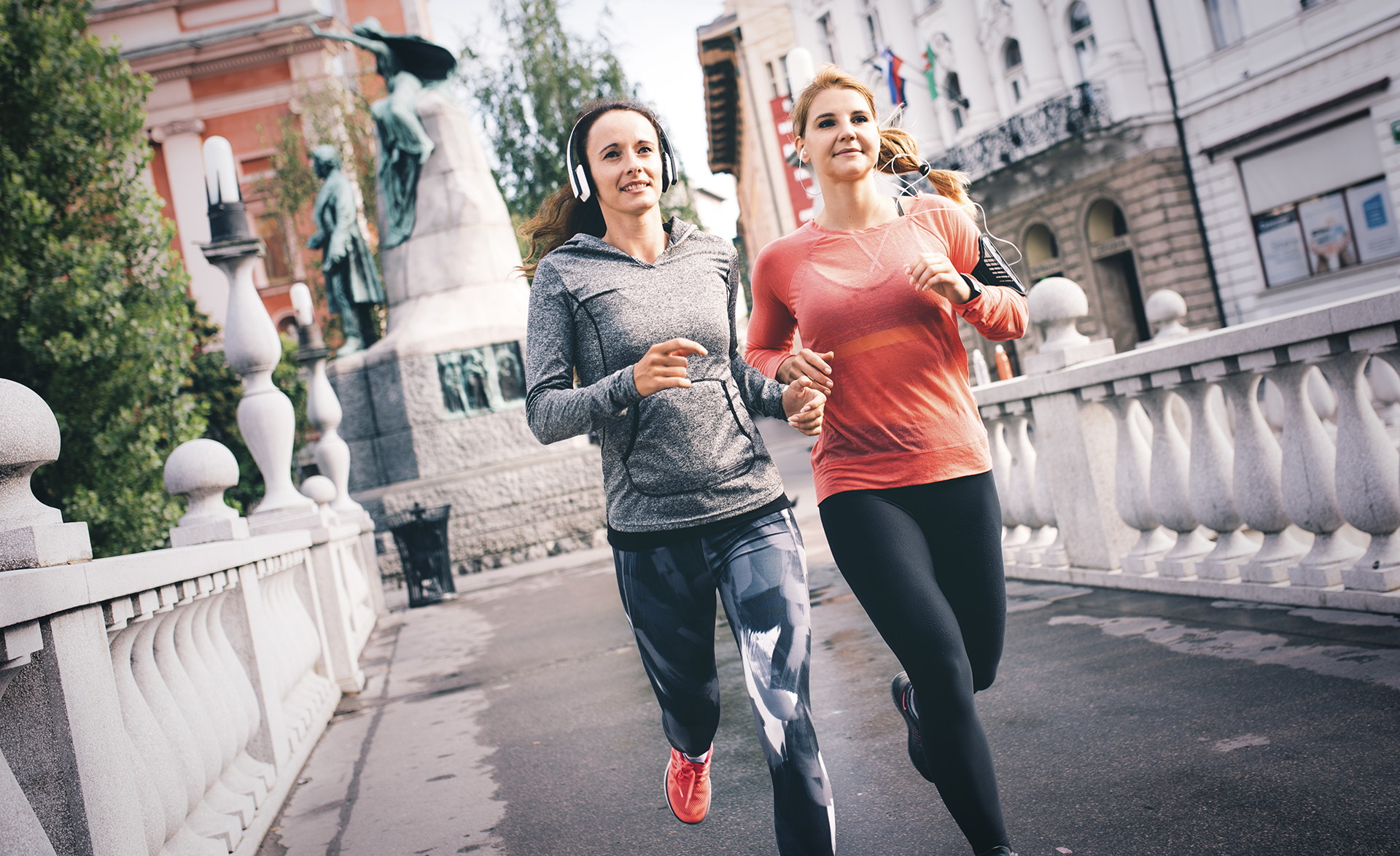


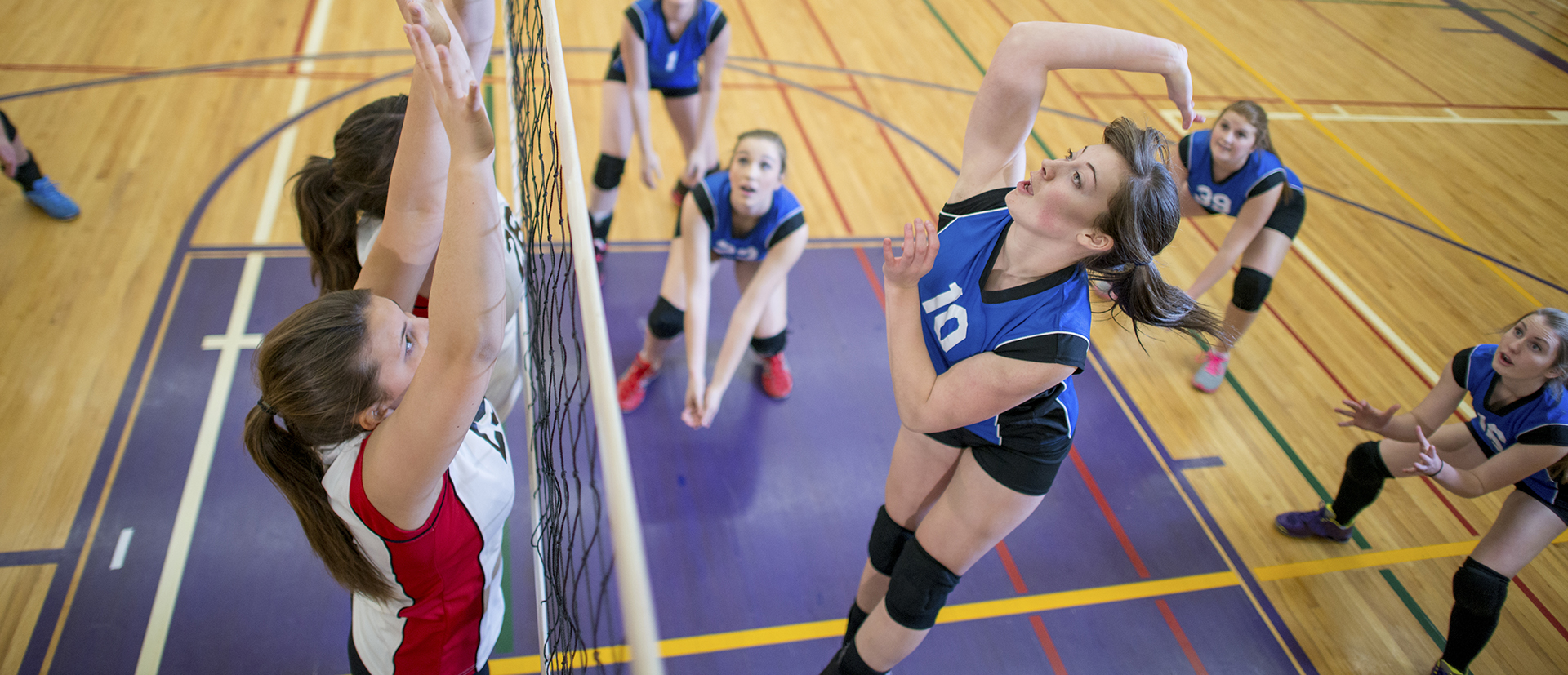



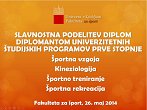





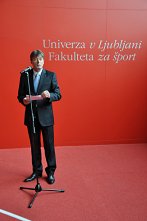

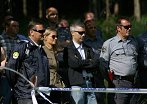



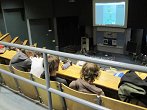
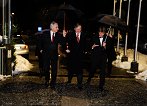




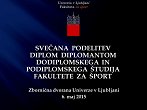
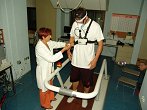





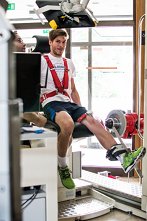





.png)